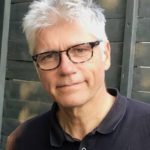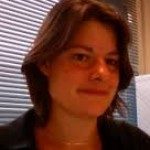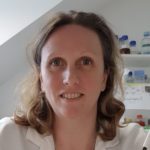About
Bacterial genomes are mainly composed of two types of replicons: chromosomes and plasmids. Plasmids are accessory mobile genetic elements acquired by horizontal transfer between strains or species. Their domestication by new hosts is of primary importance in the acquisition of complex traits, often determining the capacity of bacteria to interact with Eukaryotes, for example in pathogenicity or symbiosis. In the process of domestication, plasmids must adapt to their host’s physiology and genetic background. This involves evolution of their genomic organisation and sequence composition as well as the genetic re- wiring of the molecular machines ensuring their replication and segregation. Domestication thus transforms plasmids into bona fide components of their hosts’ genomes and eventually into secondary chromosomes. Our project aims at understanding the mechanisms and sequence of events driving plasmid domestication. This will be achieved using a multi- disciplinary approach. Bioinformatics and mathematical modelling will pave the way for the experimental strategies based on molecular genetics, cell biology and genome-wide analysis techniques in view of the characterization of the molecular mechanisms discriminating secondary chromosome from plasmid maintenance in bacteria. The results will provide a solid knowledge framework for de novo design of artificial chromosomes.
External collaborators: François Cornet and Olivier Espeli.






